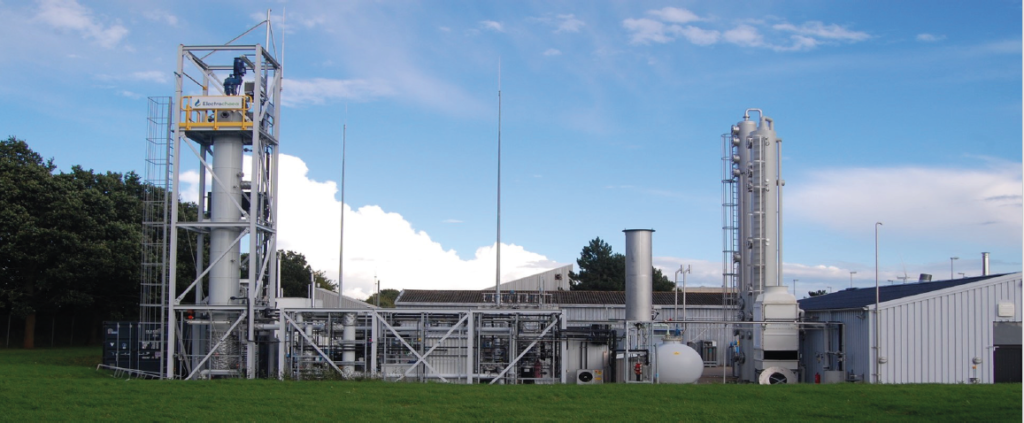New Publication – Integration of Biogas Systems into the Energy System – Technical Aspects of Flexible Plant Operation
With increasing shares of intermittent variable renewable electricity (such as solar and wind power) in the future energy system, the overall design and operation of biogas facilities for energy provision may change significantly. Biogas is a versatile energy carrier which can be used to produce electricity, heat and after upgrading serve all functions of natural gas, including transport.
A new report by IEA Bioenergy Task 37, entitled “Integration of Biogas Systems into the Energy System – Technical Aspects of Flexible Plant Operation”, addresses the flexibility of biogas systems. Biogas systems are not only dispatchable but can produce electricity to match an electricity demand profile, while facilitating voltage and grid stability. The report addresses the complexity of these systems in terms of operational logistics and availability of feedstock at times to match variation in energy output. As a decentralised component of the overall energy system biogas systems can play an essential role (together with solar and wind power) as part of a virtual power plant in local distribution energy grids. Biogas systems can operate as a biological battery in coupling the electricity and gas grids using surplus electricity to produce hydrogen (power to gas) which can be introduced to the biogas system to upgrade biogas to biomethane and increase the output of biomethane (typically by 70%). The report highlights the innovation and ingenuity that will be required of biogas operators in future energy systems.
Main report: Integration-of-biogas-systems-into-the-energy-system-Report
Summary: Integration-of-biogas-systems-into-the-energy-system-Summary-Report



